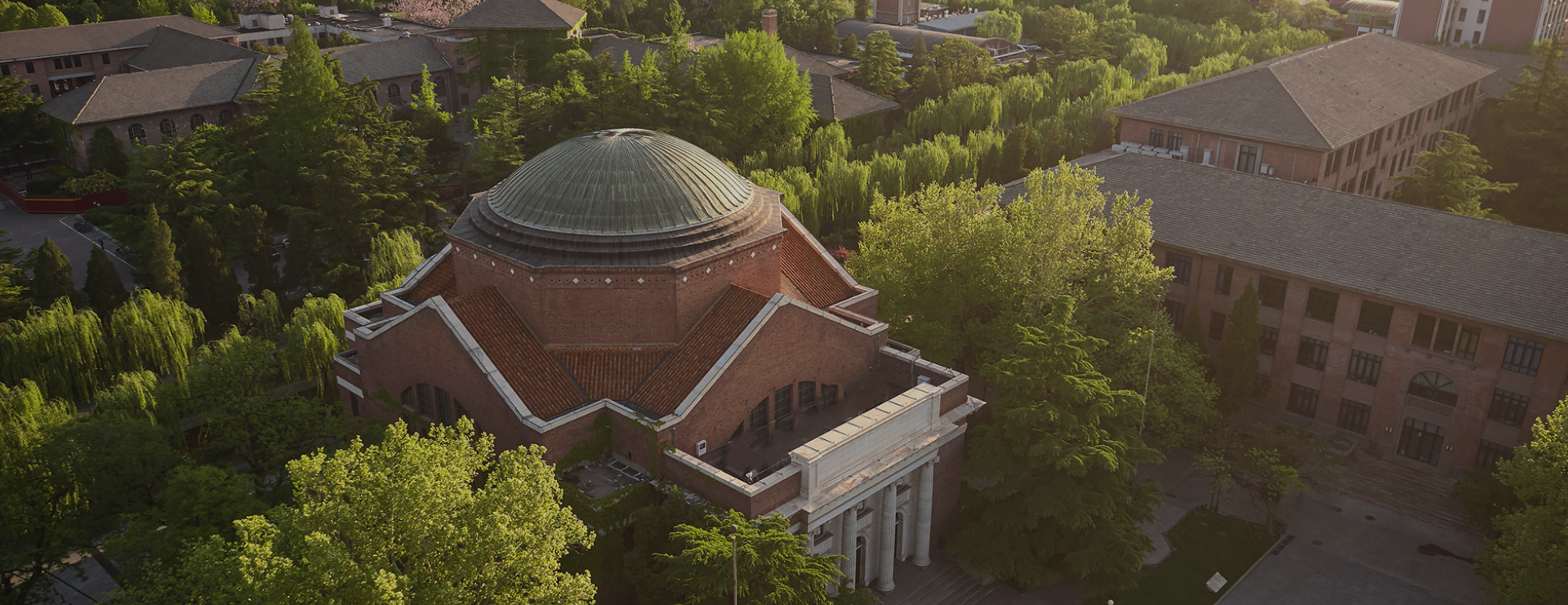Commodity price volatility is unlikely to subside amid uncertainty over the Ukraine war and growing demand for key decarbonization materials, warns Rio Tinto, the colossal Anglo-Australian miner.
"It is clear that global events, rapid inflation and supply chain challenges have impacted commodity prices this year, and the market continues to experience volatility," said Alf Barrios, the miner's chief commercial officer, in a recent written interview with Nikkei.
War uncertainties, inflation and lockdowns in China have been hanging over commodities markets. Both coal and aluminum hit record highs in March, while iron ore slipped 22% from a year earlier amid China's slowing economy, partly an effect of its COVID lockdowns.
Despite the volatility, Barrios remains optimistic as the world recovers from the pandemic. Another supporting factor is that China, the biggest consumer of most commodities, is easing policies and pushing to boost infrastructure construction to stabilize its economy. In addition, the lockdown in Shanghai, China's largest city, is expected to completely lift in June.
"We expect commodity demand to be underpinned by climate change policies and the global energy transition," Barrios said, adding that these factors will eventually create more demand for the metals and minerals the company produces.
Rio Tinto, the world's second-largest miner, was under the spotlight after Russia invaded Ukraine as it owned an 80% stake in Queensland Alumina in a joint venture with Russia's Rusal, the world's second-largest aluminum producer.
On March 10, the company announced it was in the process of terminating all commercial relationships it has with Russian businesses. "We have made good progress against this aim," Barrios told Nikkei.
Mining has long been a carbon-intensive industry. But Rio Tinto expects the global push for decarbonization will not act as a headwind. Rather, it will create more opportunities.
One example is zero-carbon aluminum, which the company jointly developed with U.S. aluminum company Alcoa through joint venture Elysis. Apple in March announced that it will use Elysis's aluminum in the new iPhone SE. Zero-carbon aluminum is also being used by Audi for the wheels on its eTron GT.
While many aluminum smelters are coal-fired, Elysis's smelting capacity is hydro-powered, which is also becoming more cost-competitive. "These assets also operate in the first decile of the cost curve," Barrios wrote.
He said Rio Tinto customers are also driving change by requiring products that are responsibly produced. In 2021, Rio Tinto launched START, which uses blockchain technology to produce a digital sustainability label.
In Australia, elections on Saturday put the Labor party in power after nine years of conservative rule. New Prime Minister Anthony Albanese has pledged to cut emissions by 43% by 2030 from 2005 levels; the previous government had been targeting a 26% to 28% reduction over the same period.
"We support policies that actively assist the achievement of climate change targets of our host countries and Rio Tinto's own company targets," Barrios wrote. He also said Rio Tinto has made its own effort to cut emissions. "We have brought forward our 15% reduction target for our Scope 1 and 2 emissions from 2030 to 2025," he said, "and we more than tripled the target for 2030, seeking to reduce our carbon footprint by 50%."
Rio Tinto earns around 60% of its revenue from its iron ore business, and China, the world's biggest steel consumer, is Rio Tinto's largest market, accounting for 57% of the group's total sales.
As President Xi Jinping intends for emissions in China to peak in 2030, Rio Tinto will have to gauge how the country's steel output and tightening environmental policies will impact the industry.
Barrios acknowledges that the steel industry will go through "a transformation period" to reduce emissions. "Our approach is to establish mutually beneficial partnerships with our customers," he said. "I am confident global demand for steel will remain strong."
Rio Tinto is currently working with Tsinghua University, China Baowu and other steelmakers to jointly explore, develop and demonstrate technologies that can lead to a low-carbon steel value chain. "We have been pursuing technical optimization work with the support of China-based institutions and partners," Barrios said.
Despite solid ties between Australian and Chinese businesses, the Canberra-Beijing relationship has soured in recent years. Australia has banned Chinese involvement in the country's 5G infrastructure and has called for an investigation into the origins of COVID-19. China has imposed high tariffs or de facto bans on Australian products including wine and coal.
Australia's new government is expected to maintain a tough stance on China.
"Both countries share a very important trade relationship," Barrios said, "a relationship that needs to be strong in the interest of both countries."
Editor: Guo Lili

